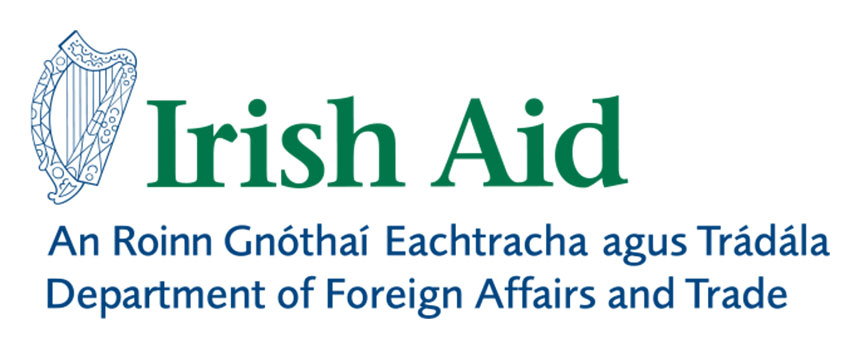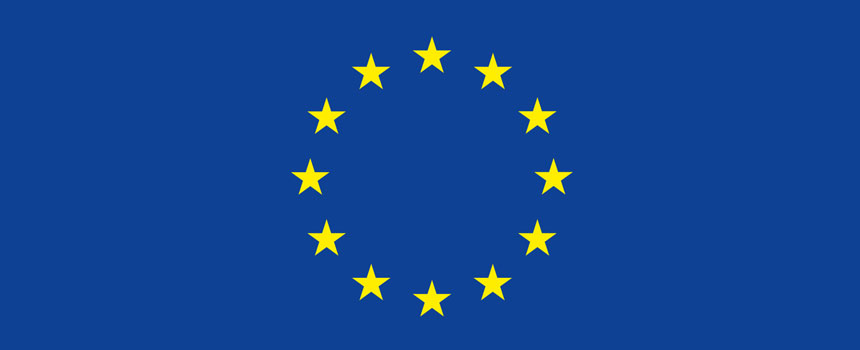What is the Market?
“One of the funny things about the stock market is that every time one person buys, another sells, and both think they are astute.” – William Feather
Overview
In this session we look at the development of the global market as we understand it today. We explore how belief in the market developed and often involved severe exploitation of people through slavery, colonisation and the taking of land in the Global South, and closer to home. Governments and international institutions often speak about the need for ‘market confidence’. In this session, we ask what is ‘the market’, who does ‘it’ serve, and why should we have confidence in it?
Learning Outcome
That participants will critique the dominant idea of ‘market’ from a justice perspective, and examine the role of powerful actors and institutions in sustaining it. That participants will be introduced to some key economic and financial concepts.
Table of Contents
- Resources
- 1. Book Extract: Economic History – Jim Stanford
- 2. Video: A Brief History Of European Colonisation in Africa
- 3. Video: ‘Karma’ – Dominique Christina
- 4. Video: Raj Patel on the value of nothing
- 5. Book Extract: Markets: Guided by an invisible hand or foot – Robin Hahnel
- 6. Report: What lies beneath? – Eurodad
- 7. Video: ‘Why We Shouldn’t Trust Markets with our Civic Life’- Michael Sandel
- 8. What makes us Free? by ThoughtLine Podcast
- 9. Blog: ‘What is the market?’ – Áine Mannion
- Discussion Questions
- Learning Journal
- Extra Resources
Resources
1. Book Extract: Economic History – Jim Stanford
In Chapter 3 of “Economics for Everyone” (PDF), Jim Stanford traces the evolution of economic history; from the hunter-gatherer to slavery, to feudalism, to capitalism, and so on. (Don’t have much time? Read pages 40 to 43).
2. Video: A Brief History Of European Colonisation in Africa
(Warning: This video contains imagery of colonial atrocities throughout, which some viewers may find upsetting.)
This video explains how colonisation was motivated by the European hunger for African resources, and examines the devastating consequences that can still be felt today.
3. Video: ‘Karma’ – Dominique Christina
In Karma, spoken-word artist, Dominique Christina, delivers a powerful historical reckoning of the slavery of the past, and present colonial injustices. This poem contains strong language.
4. Video: Raj Patel on the value of nothing
Activist and writer, Raj Patel argues for the importance of finding new ways of valuing life and the goods we use every day, without resorting to the unpredictable swings of the market.
5. Book Extract: Markets: Guided by an invisible hand or foot – Robin Hahnel
In this chapter, Robin Hahnel explains how the markets ‘work’; the law of supply and demand, and the ‘dream’ of the invisible hand of the market. (Don’t have much time? Read pages 71 to 75).
6. Report: What lies beneath? – Eurodad
In this critical assessment of Public-Private Partnerships (PPPs), The European Network on Debt and Development (EURODAD) examines the increasing popularity of PPPs, and their impact on sustainable development.
7. Video: ‘Why We Shouldn’t Trust Markets with our Civic Life’- Michael Sandel
Michael Sandel looks at the drift from ‘market economy’ to ‘market society’, and asks if too much in our society is for sale.
8. What makes us Free? by ThoughtLine Podcast
What's the role of government in society? What do we mean when we talk about individual responsibility? What makes us free? 'Neoliberalism' might feel like a squishy term that's hard to define and understand. But this ideology, founded by a group of men in the Swiss Alps, is a political project that has dominated our economic system for decades. In the name of free market fundamentals, the forces behind neoliberalism act like an invisible hand, shaping almost every aspect of our lives.
9. Blog: ‘What is the market?’ – Áine Mannion
Living in Ireland over the past few years you could be forgiven for thinking that “the market” exists in some incomprehensible place between maths and mysticism…
Read more
Discussion Questions
- From viewing the resources, is the market neutral? Is it fair?
- What do the resources tell you about the history of the market?
- Do you think it is possible for ‘the market’ to deliver services fairly to everybody? Why, or why not?
- Would the privatisation of services through PPPs be better for everyone?
Learning Journal
- Can we choose to participate in the market as decribed in the resources or not?
Extra Resources
| The Story of Stuff | Video: The Story of Cap and Trade | |
| Bollier, David | Article: Why Karl Polyani still Matters (2009). via On the Commons. | |
| Hurst, Brian Desmond | Film: A Christmas Carol (1951). “Charles Dickens described the gruesome reality of early capitalism better than anyone, and this is the classic portrayal of the greediest capitalist of all.” – Jim Stanford | |
| Sandel, Michael | Excellent series of online videos about justice and its implications, and the ethical considerations of implementing human rights. | |
| The Dangerous Ideological Bias of Economists | Economists claim they are not biased or ideological, but research by economist Mohsen Javdani tells another story. Javdani discovered that 82% of economists claim that statements and arguments should be evaluated on the content only, but the results of the study show the exact opposite. Javdani also learned that female economists are 40% less biased than their male counterparts. It’s time economists learn to recognize their own biases. |


